Funding for scores of life-saving overseas projects has been stopped ahead of the axing of the aid department, undermining attempts to prevent the coronavirus wreaking havoc in the world’s poorest countries.
The doomed Department for International Development (DfID) has “paused” grants as it prepares to slash billions from its budget – before it is abolished altogether in September, The Independent can reveal.
Worried aid leaders believe the move lays bare the real agenda behind Boris Johnson’s announcement, which is to shift funds from fighting poverty to bolstering trade and foreign policy struggles such as resisting Russia.
Download the new Independent Premium app
Sharing the full story, not just the headlines
And they are warning it will have devastating consequences in the developing world, where Covid-19 threatens a humanitarian disaster because of weak health systems and shoddy living conditions.
The head of one organisation, which faces losing £250,000 of funding destined for work in Malawi, said: “People will die or be pushed further into extreme poverty because of this.”
Jo Hook, the managing director of the group Temwa, added: “If you stop funding to the world’s poorest countries in the middle of a global pandemic, there is no doubt that millions of people will be severely affected.”
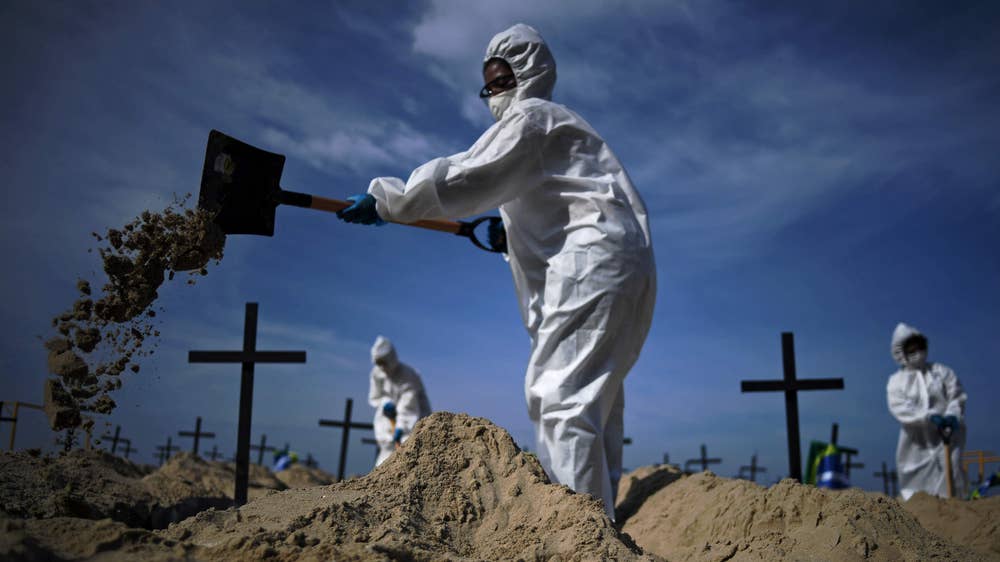
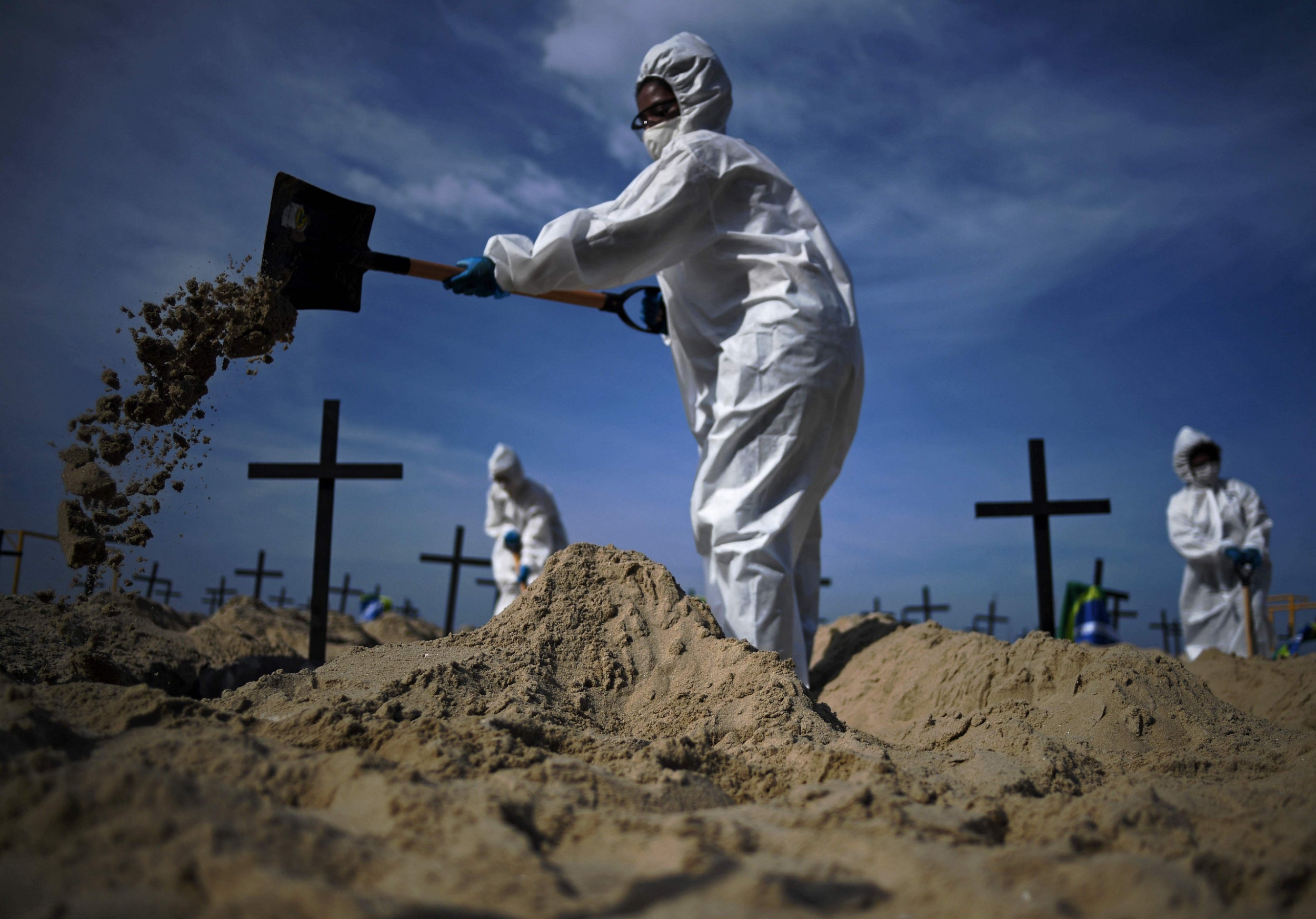
1/9
Activists from the Brazilian NGO Rio de Paz (Peace Rio), dig 100 mock graves on Copacabana beach in Rio, Brazil, 11 June 2020, to symbolise deaths from the Covid-19 coronavirus crisis in protest against Brazil’s “bad governance” of the pandemic.
Carl De Souza/AFP via Getty
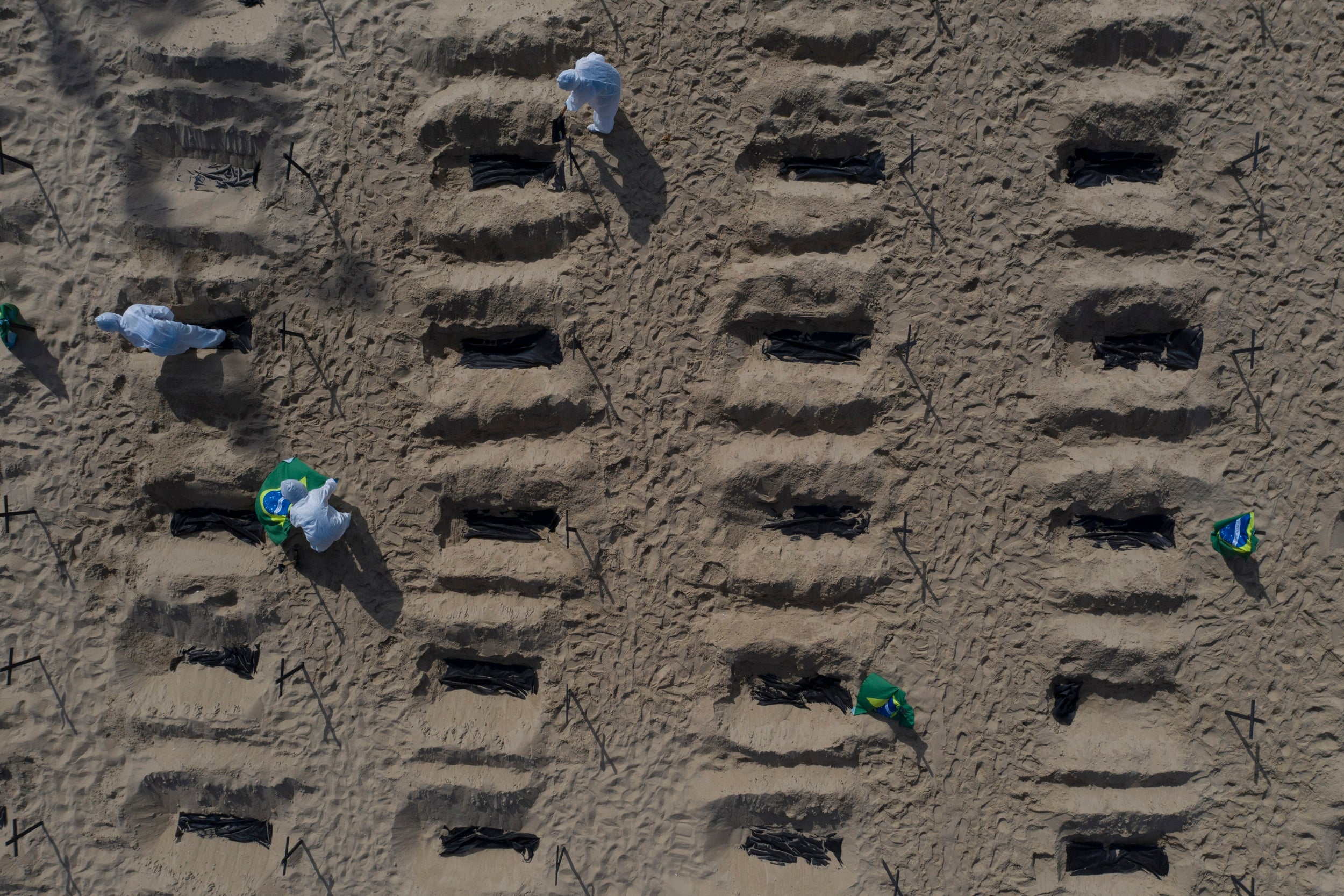
2/9
Leo Correa/AP
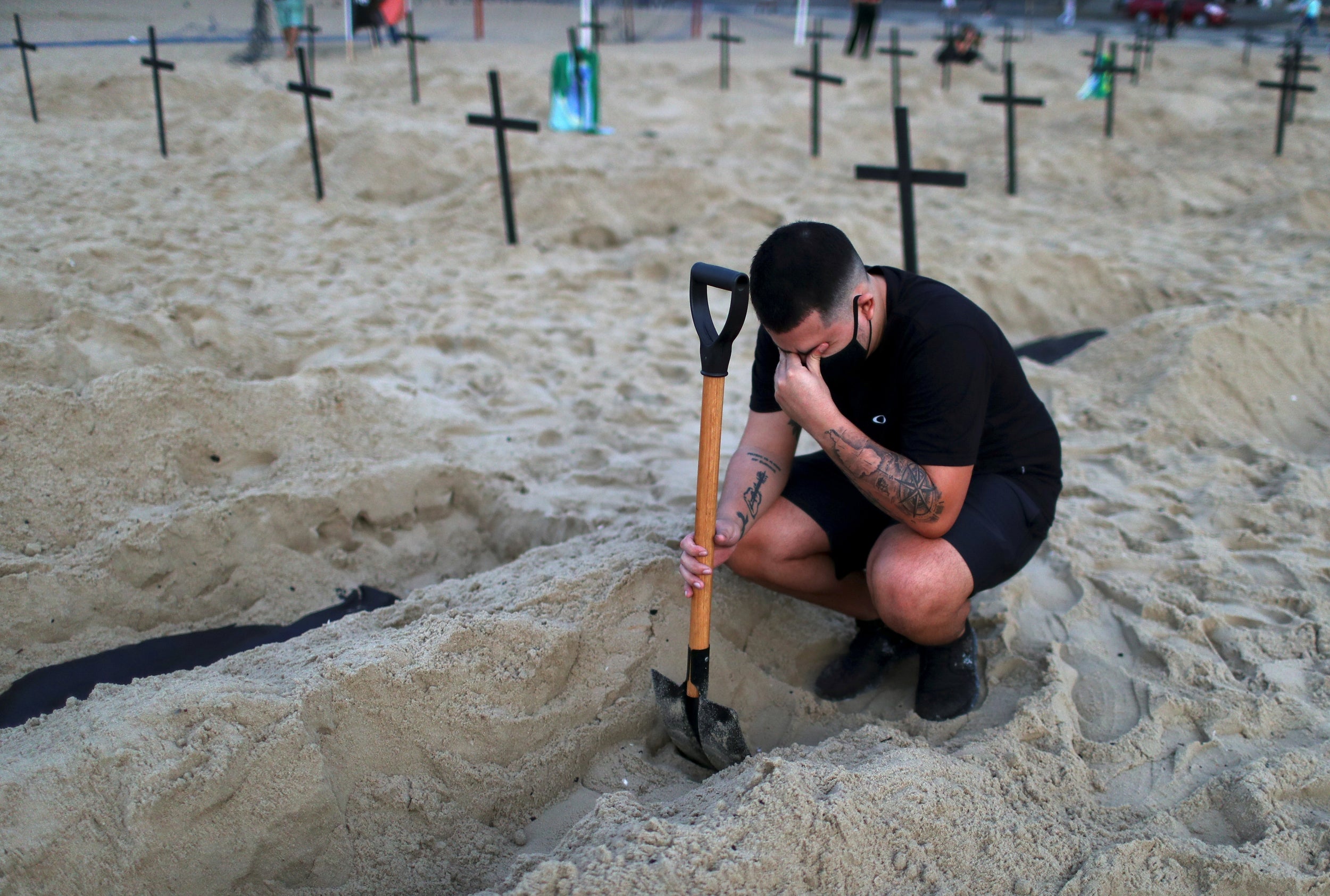
3/9
Pilar Olivares/Reuters
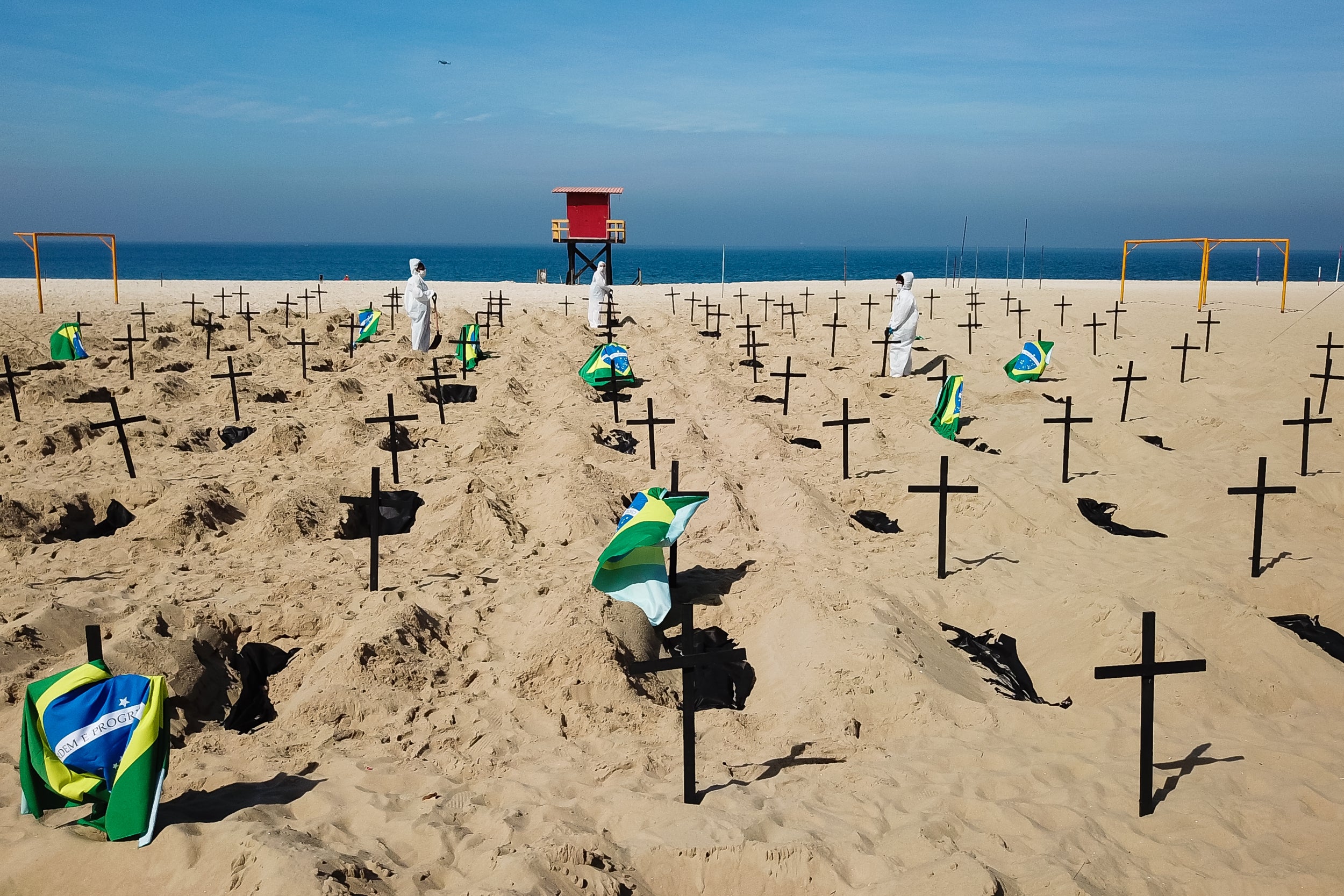
4/9
Buda Mendes/Getty
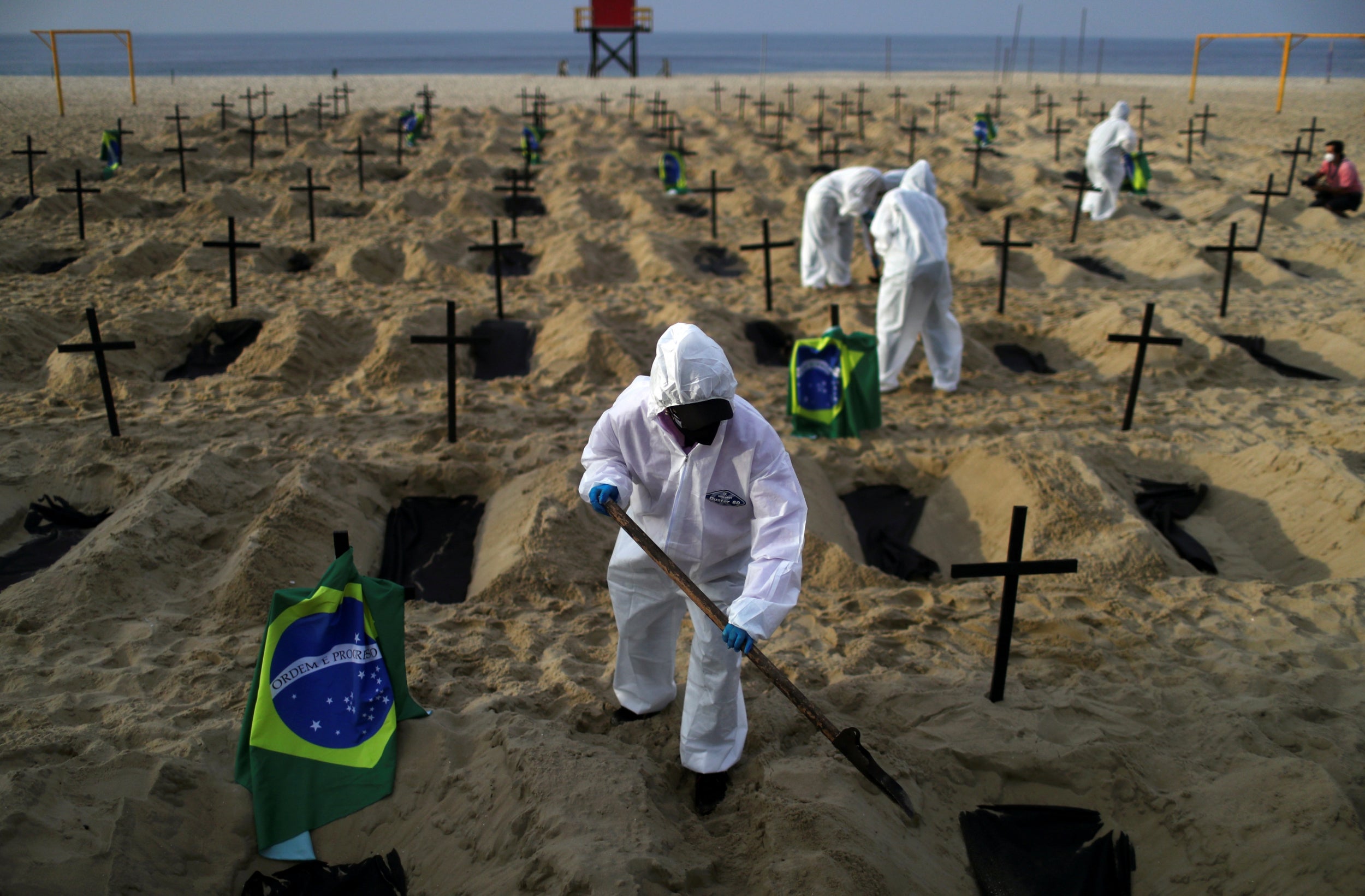
5/9
Pilar Olivares/Reuters

6/9
Pilar Olivares/Reuters
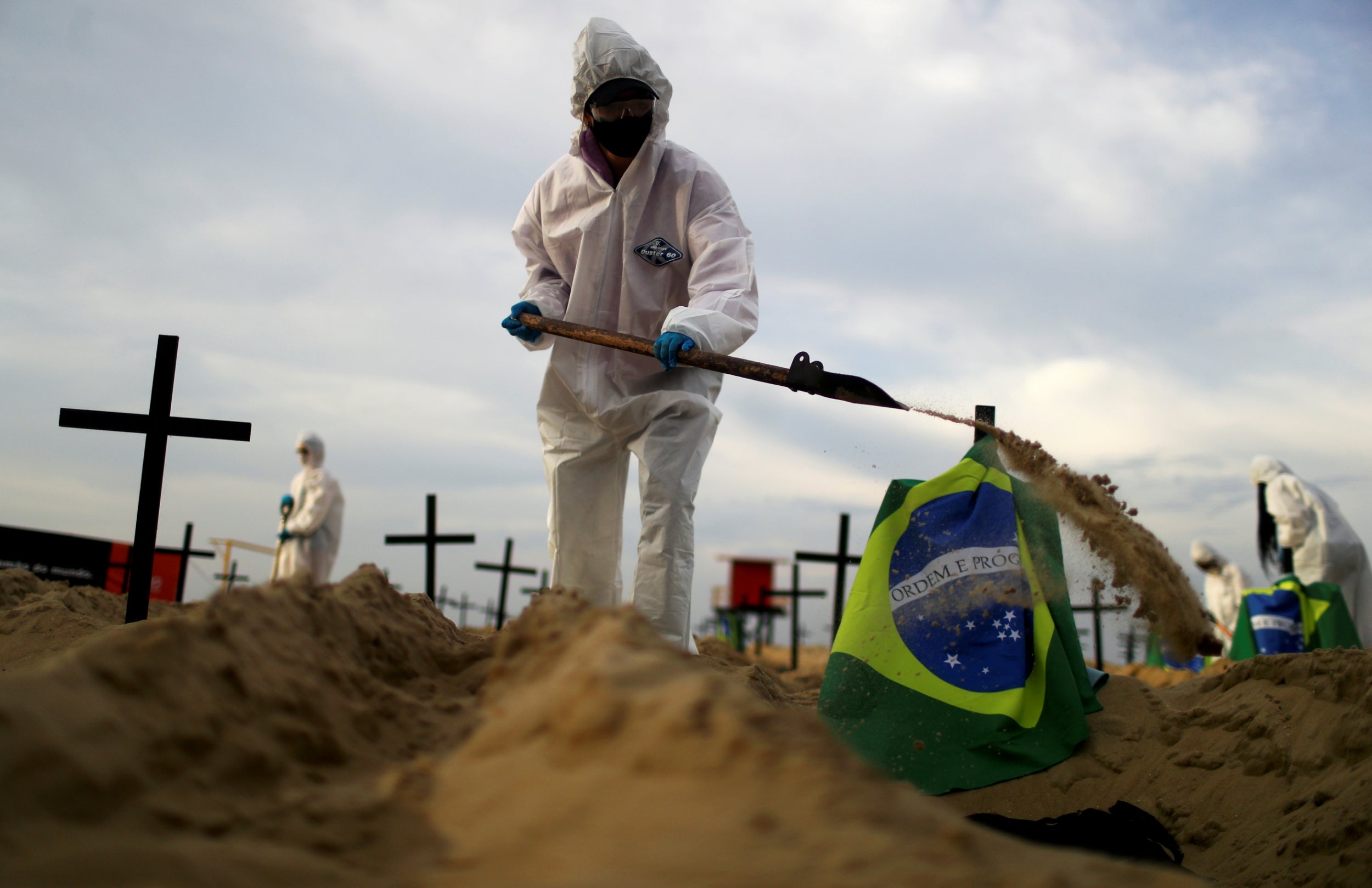
7/9
Pilar Olivares/Reuters
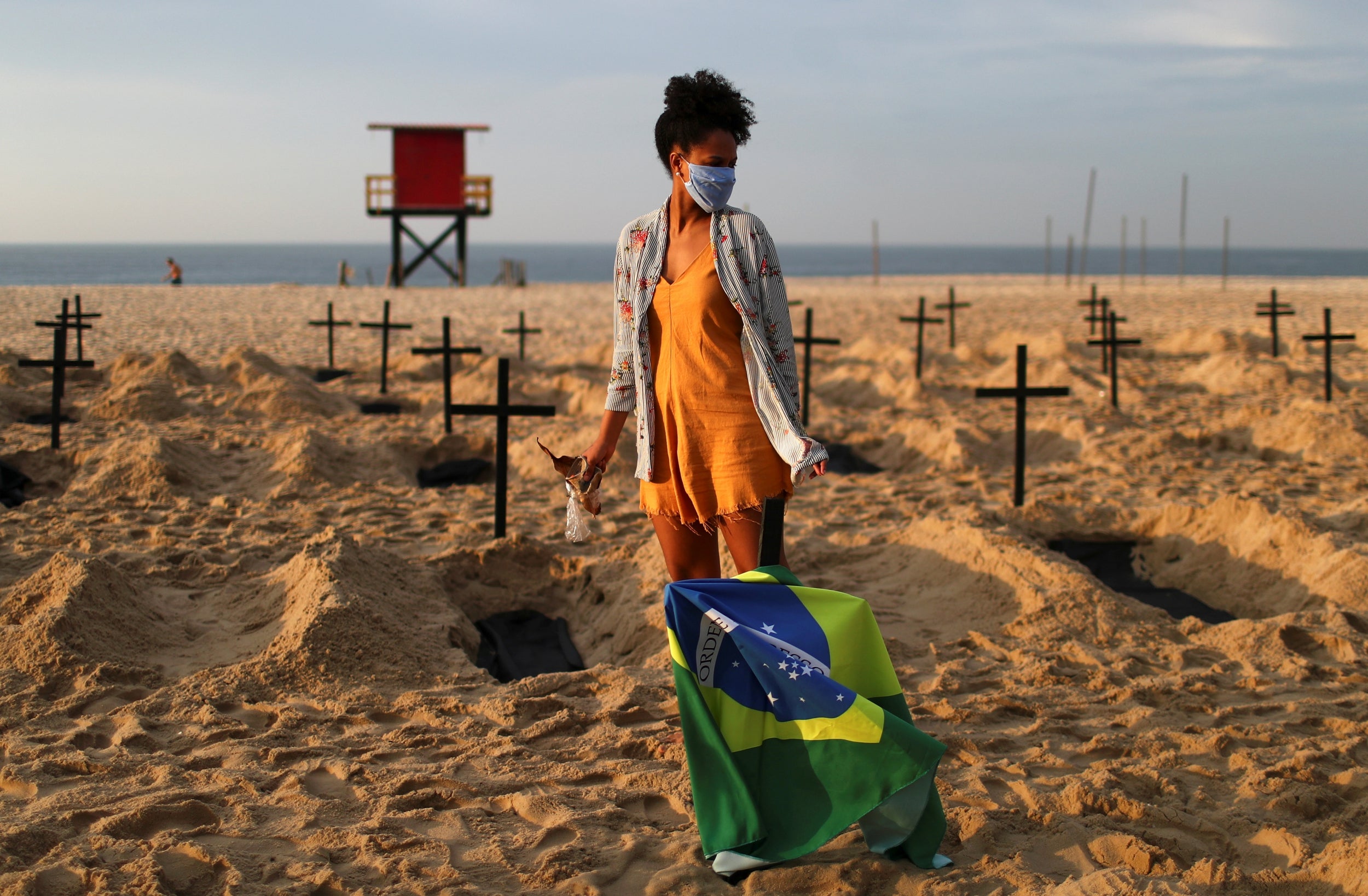
8/9
Pilar Olivares/Reuters
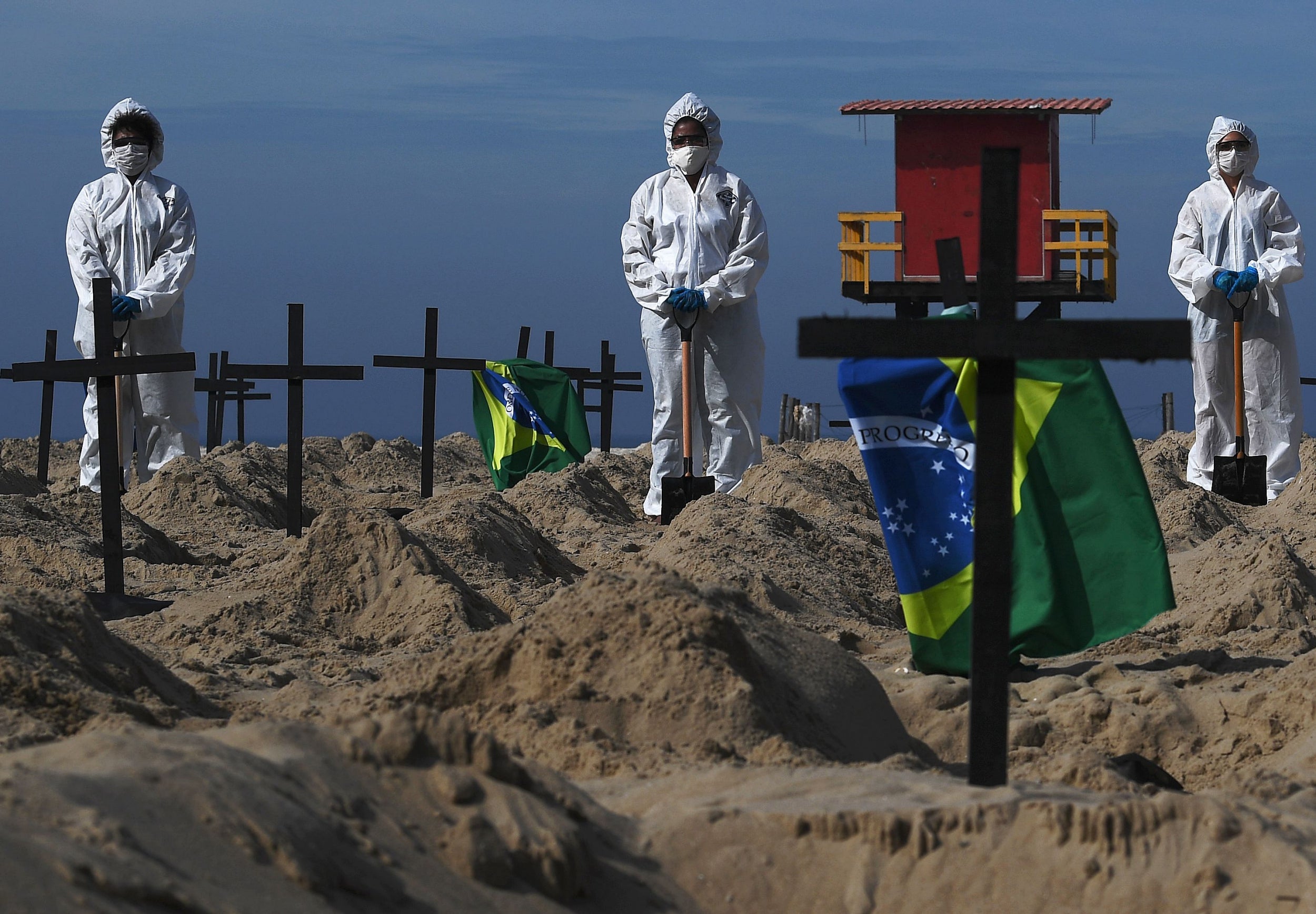
9/9
Carl De Souza/AFP via Getty

1/9
Activists from the Brazilian NGO Rio de Paz (Peace Rio), dig 100 mock graves on Copacabana beach in Rio, Brazil, 11 June 2020, to symbolise deaths from the Covid-19 coronavirus crisis in protest against Brazil’s “bad governance” of the pandemic.
Carl De Souza/AFP via Getty

2/9
Leo Correa/AP

3/9
Pilar Olivares/Reuters

4/9
Buda Mendes/Getty

5/9
Pilar Olivares/Reuters

6/9
Pilar Olivares/Reuters

7/9
Pilar Olivares/Reuters

8/9
Pilar Olivares/Reuters

9/9
Carl De Souza/AFP via Getty
Laurie Lee, chief executive of Care International, echoed the criticism. “If we want to prioritise coronavirus and saving lives, DfID would be the last bit of money that would be cut. Instead, it looks like being the first,” said Mr Lee.
And Simon O’Connell, executive director for Mercy Corps, which is fighting the coronavirus in 40 countries, said: “This is the worst possible time for critical, quick decision-making and vitally needed funding to be held back by bureaucracy and politics.”
DfID faces huge cuts because the UK spends 0.7 per cent of national output on overseas aid, a £14bn pot that will shrink dramatically as the economy contracts by up to 15 per cent this year.
However, crucially, it is understood that only DfID’s funding – the part for the frontline against poverty – is currently being targeted, while the 27 per cent of the aid budget spent by other departments remains intact.
The latest news on Brexit, politics and beyond direct to your inbox
The split would fit with the prime minister’s clear hints about his intentions, when he announced DfID’s “merger” with the Foreign Office on Tuesday.
“We give as much aid to Zambia as we do to Ukraine, though the latter is vital for European security,” Mr Johnson complained to MPs.
“We give 10 times as much aid to Tanzania as we do to the six countries of the western Balkans, who are acutely vulnerable to Russian meddling.”
Dominic Raab, the foreign secretary now in charge of allocations, echoed the shift. “Aid is a part of foreign policy,” he said, while another cabinet minister called for it to be spent on new royal yachts.
Temwa is among at least 30 smaller charities awarded grants from round four of UK aid direct community partnership funding, which has now been halted.
A government consultant’s letter, seen by The Independent, states: “DfID have issued guidance that requires us to temporarily pause signing any Accountable Grant Arrangements until further notice.”
Even before the blow of pausing funding, aid groups had been fiercely critical of the UK for failing to rise to the huge challenge of Covid-19 arriving in the world’s poorest countries.
They say a puny sum is being spent on rapid response – just £18m, when “very good” bids for £200m-plus were received – while smaller groups with ready-to-go programmes were shut out of even those allocations.
Instead, money is being channelled through international donors, which are notoriously slow in delivery, the aid groups say – raising fears the cash will not arrive until the end of the year.
Mr Lee added: “There is a concern that money is not getting to the grassroots and to the front line as quickly as it should, if we want to stop the spread of coronavirus.”
And, on the future after DfID, he warned: “Politically, looking at who is in the ascendency and who is in decline, the merger is going to be used as an opportunity to move money away from poverty reduction.”
Stephanie Draper, the chief executive of Bond, which represents more than 40 overseas development organisations, said: “With Covid-19 set to push millions of people back into poverty, we urgently need to address the funding shortfalls.”
Bond’s recent survey found that 83 per cent of the groups believed critical measures – such as providing clean water and basic sanitation, and tackling hunger – remain “largely unfunded”.
More than half of smaller charities were having to respond to the pandemic without any additional money.
A government spokesperson said: “As the PM said, the work of UK aid to reduce poverty will remain central to the new Foreign, Commonwealth and Development Office’s mission.
“The government remains committed to the target of spending 0.7 per cent of our national income on aid, which is enshrined in law. Given the expected fall in GNI [gross national income] this year, new commitments of aid spending are being reviewed across all departments.”



